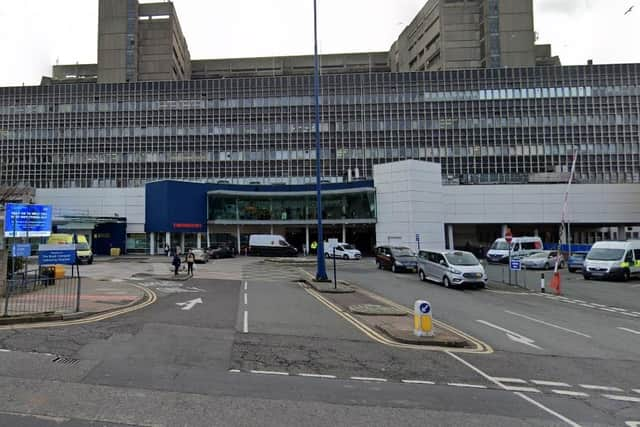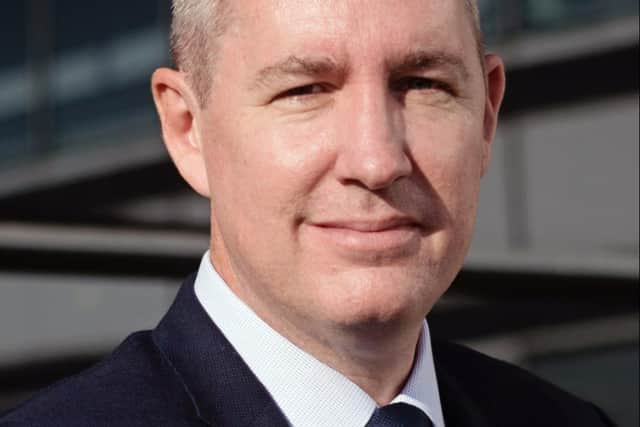Liverpool NHS trust heavily criticised over leadership appoints new chief executive
and live on Freeview channel 276
An NHS trust heavily criticised in a ‘deeply concerning’ report by a health and social care watchdog has announced the appointment of a new chief executive.
Liverpool University Hospitals NHS Foundation Trust (LUHFT) has appointed James Sumner, currently chief executive of Mid Cheshire Hospitals NHS Foundation Trust, to the role.
Advertisement
Hide AdAdvertisement
Hide AdHe will take over from David Dalton, who was appointed interim chief executive at the trust in September last year, following the resignation of chief executive Steve Warburton.
The Care Quality Commission (CQC), which has previously raised issues about patient safety at LUHFT, published a report in October last year, rating the trust as ‘requiring improvement overall’ following an inspection in June and July 2021.
What the report highlighted


The CQC carried out the unannounced check of the trust’s urgent and emergency care, surgery and medical care services due to continuing concerns about the quality and safety of some services.
Frontline staff revealed they did not feel ‘respected, supported and valued’ by senior managers.
Advertisement
Hide AdAdvertisement
Hide AdLUHFT was formerly called Aintree University Hospital NHS Foundation Trust and changed its name in October 2019 when it acquired Royal Liverpool and Broadgreen Hospitals NHS Trust.
Inspectors said one of the key challenges the trust faced was preparing for a move to a new hospital building on the Royal Liverpool University Hospital site, due to be completed this year.
Senior leadership at the trust was slated for not having a clear understanding of ‘risk and challenges’ to services.
Work has already started on a £16 million extension project to improve Aintree University Hospital.
Advertisement
Hide AdAdvertisement
Hide AdThe extension alongside the existing emergency department will include new hybrid operating theatres as well as the refurbishment of the existing theatre complex.
Who is the new chief executive?
James Sumner started his career in primary care in 1999, then moved to the acute sector in 2005.


He has held several operational and strategic posts including deputy chief executive at Stockport NHS Foundation Trust and chief officer at Salford Royal Hospital, before joining Mid Cheshire Hospitals as chief executive almost three years ago.
He said: “I am delighted to be joining LUHFT as its chief executive. This is an organisation with an exciting future and great ambitions.
Advertisement
Hide AdAdvertisement
Hide Ad“It is an honour and privilege to have the opportunity to work with my new colleagues within the trust and all our partners across the Liverpool city region.
“I look forward to beginning our journey to realise the promise of LUHFT to deliver the great care our staff are committed to providing and that our patients deserve.”
Sue Musson, chair of LUHFT, said Mr Sumner brings ‘a deep understanding of our focus and priorities on improvement, culture, and working with partners to shape the future of healthcare for patients and the communities we serve.’